WASHINGTON — The Supreme Court on Tuesday rejected a long-shot bid by Robert F. Kennedy Jr., who ended his independent presidential campaign, seeking his removal from the ballot in the key swing states of Wisconsin and Michigan.
Kennedy has endorsed Trump and is seeking to have his name dropped from the ballots in states where it could be a boost to his new ally.
The court did not explain its reasoning. Justice Neil Gorsuch said he would have granted Kennedy's application in the Michigan case.
Voting is already underway in both states so it never seemed likely the Supreme Court would grant Kennedy's requests.
In Wisconsin, more than 850,000 absentee ballots have been returned while in Michigan more than 1.5 million have been returned. In the latter state, more than 250,000 people have voted in-person.
The Wisconsin Supreme Court and the Michigan Supreme Court both ruled against Kennedy last month. Wisconsin law says that candidates who are on the ballot are only able to withdraw upon death.
In Michigan, the state court noted that Kennedy left the race too late for a change to be made, saying that he was first nominated as the Natural Law Party's candidate in April.
"Plaintiff does not explain how to unring the bell at this juncture without great harm to voting rights and the public’s interest in fair and efficient election administration," a federal judge in Michigan wrote in rejecting Kennedy's subsequent request for a restraining order.
Kennedy has not sought to remove himself from the ballot in all states. In fact, in New York he tried to have his name added to the ballot in a bid to frustrate Democrats, a move the Supreme Court rejected in September.
Earlier this year a Kennedy aide was fired after a video surfaced saying that the campaign’s top priority was to prevent then-Democratic candidate Joe Biden from winning the election by potentially winning states like New York. The campaign denied that was a part of its strategy.

 3 settimane fa
5
3 settimane fa
5
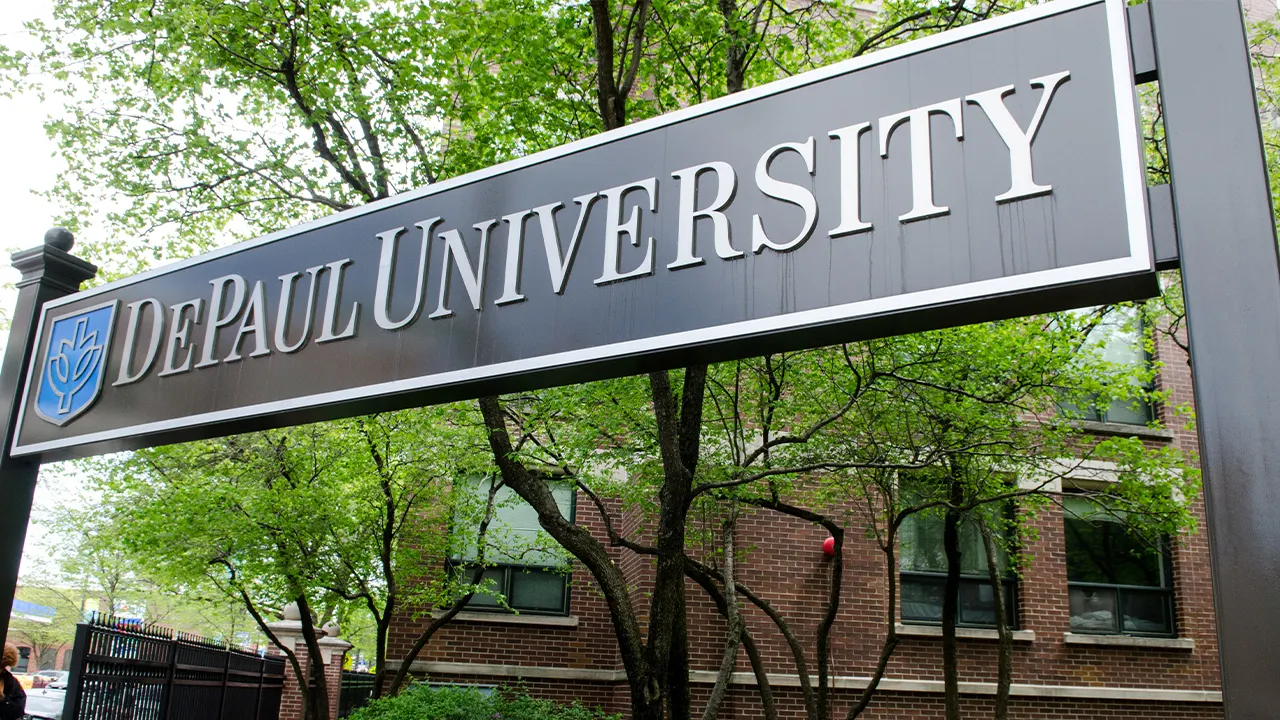

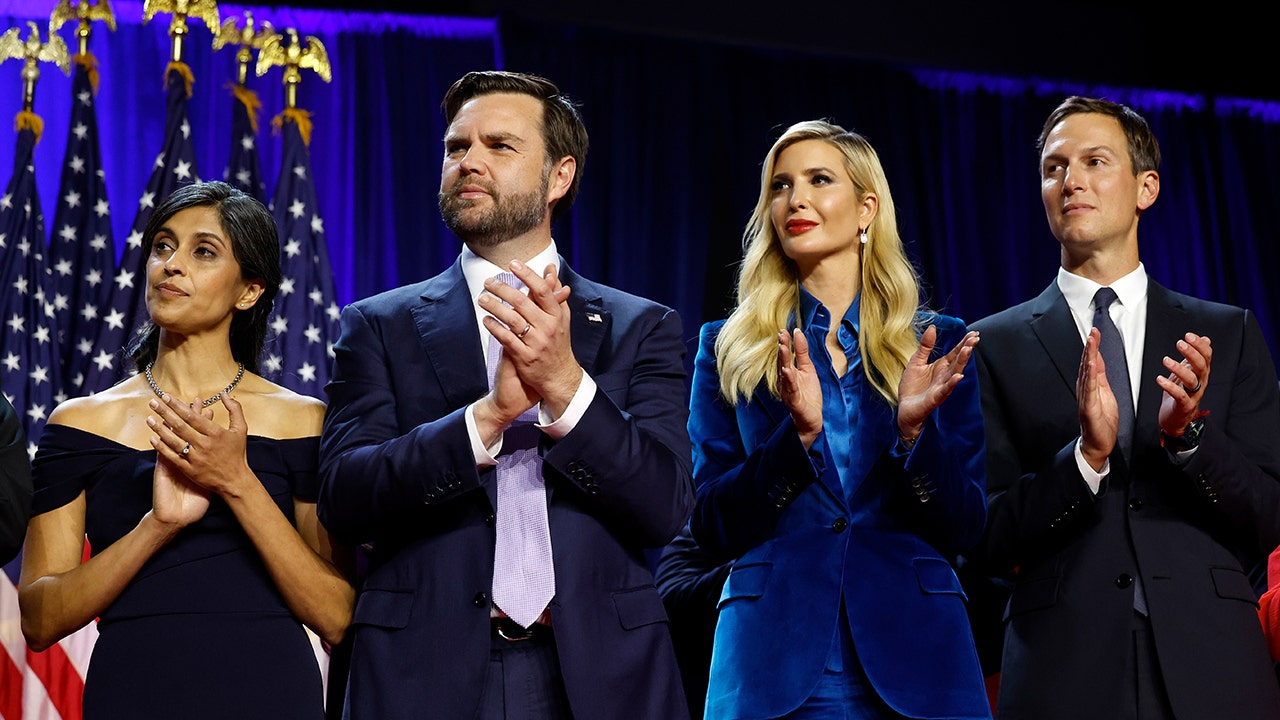


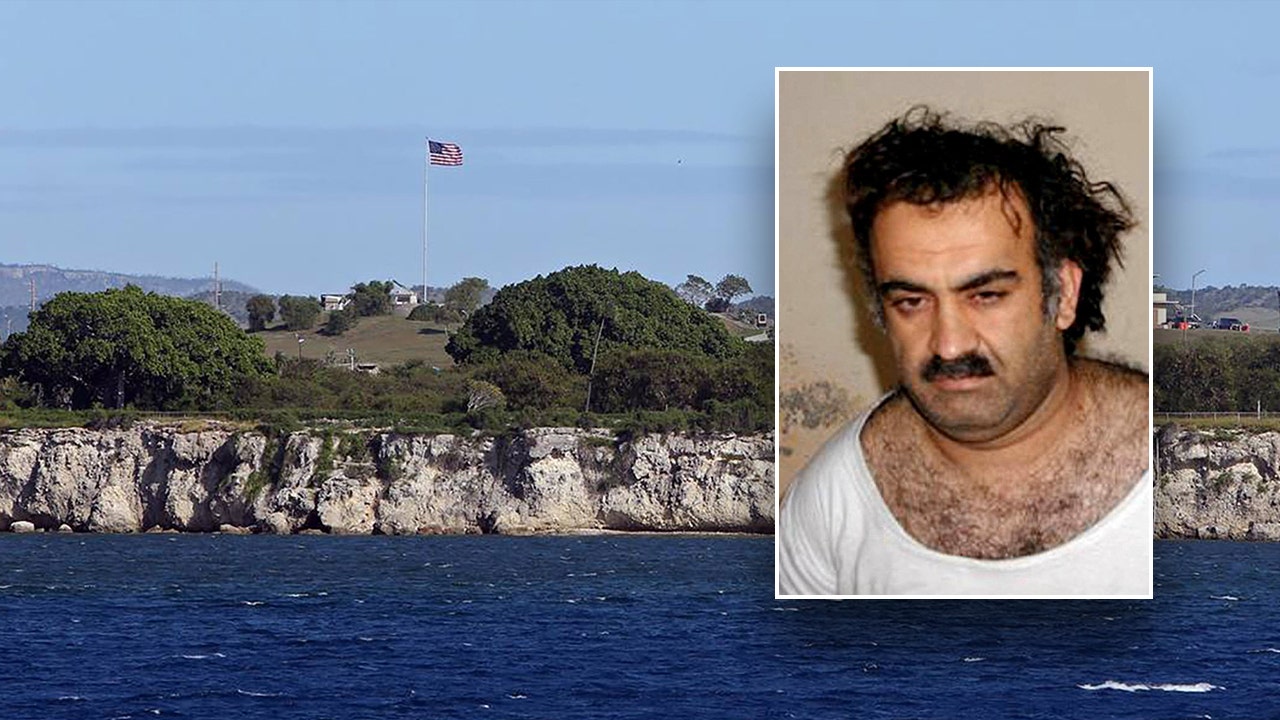
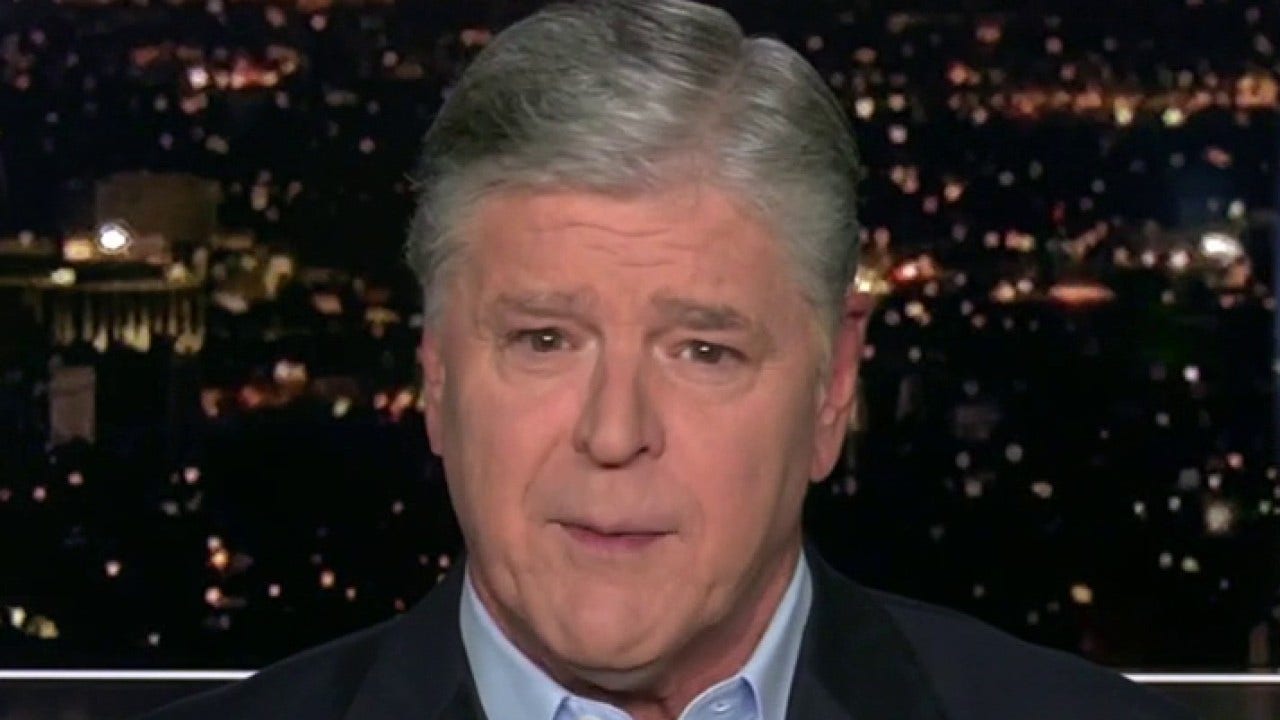
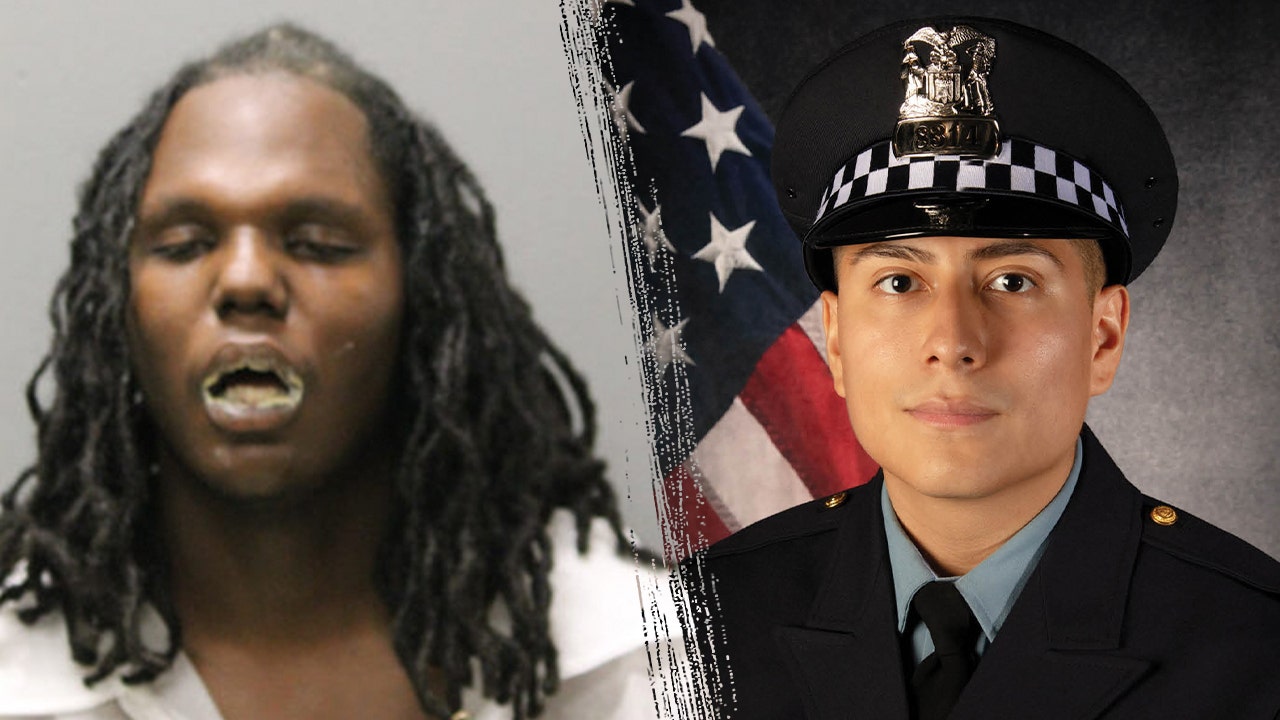
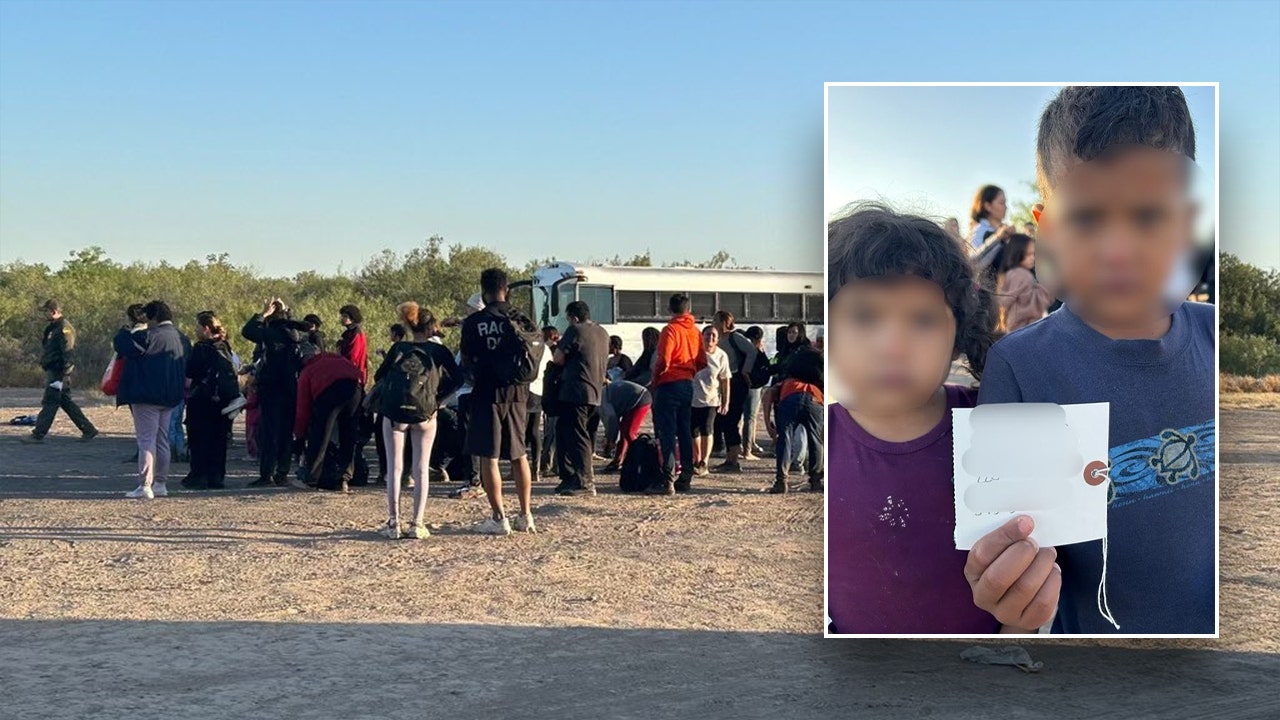






 English (US) ·
English (US) ·